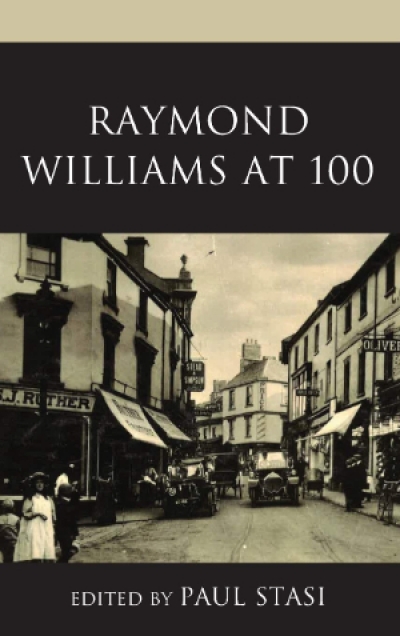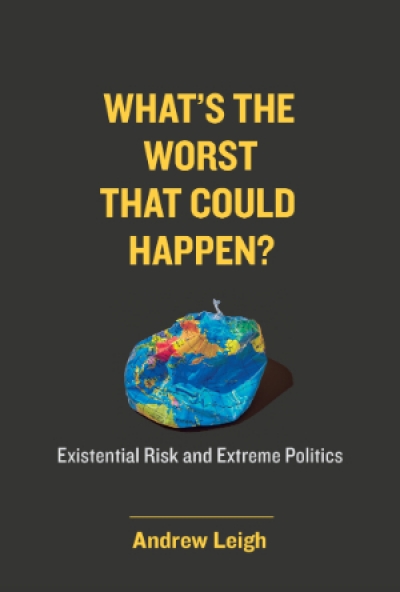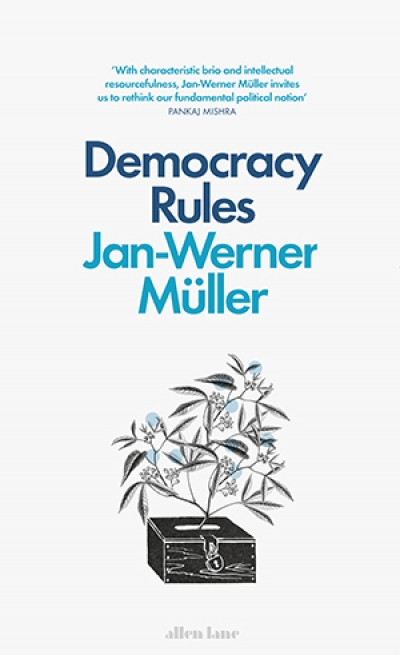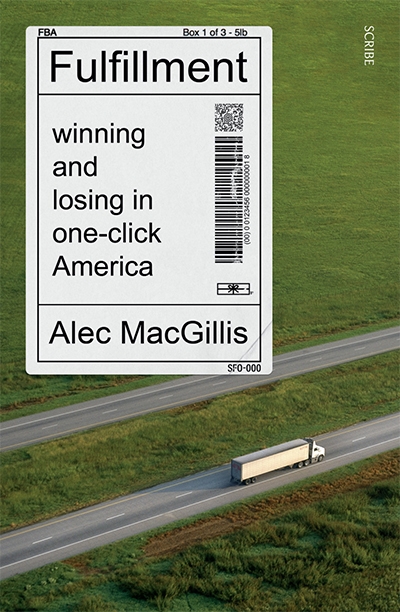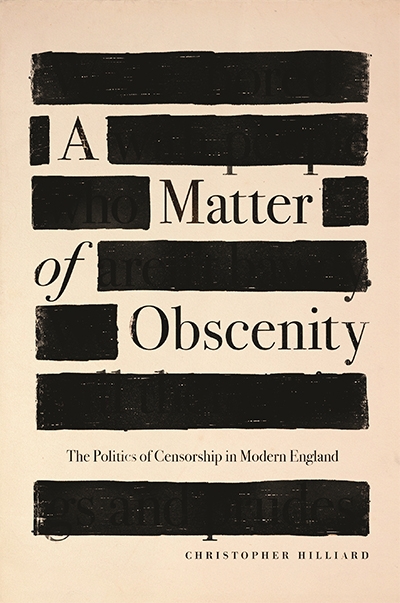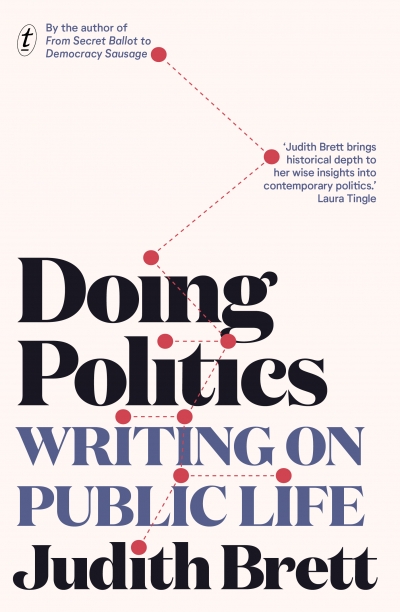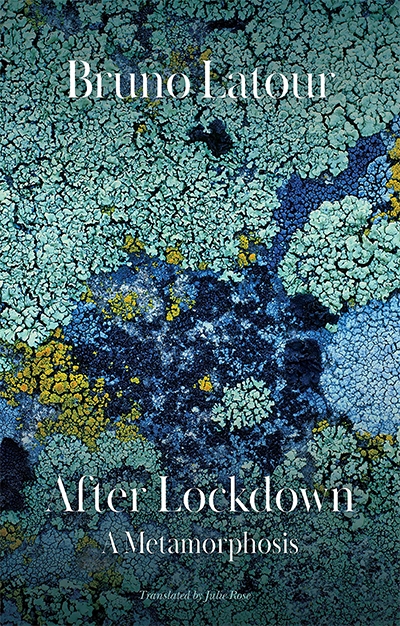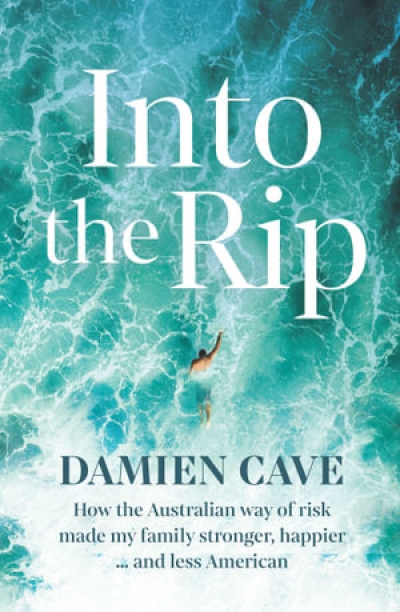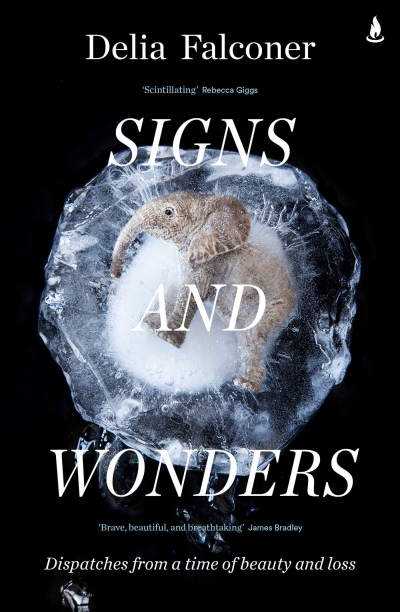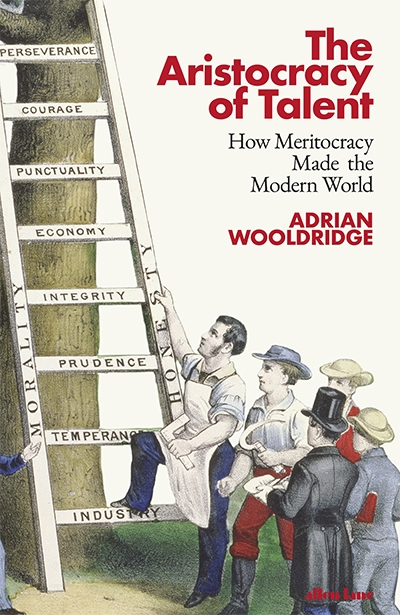Society
Raymond Williams at 100 by Paul Stasi & Culture and Politics by Raymond Williams
by Gary Pearce •
What’s the Worst That Could Happen?: Existential risk and extreme politics by Andrew Leigh
by Gareth Evans •
Fulfillment: Winning and losing in one-click America by Alec MacGillis
by Jack Callil •
A Matter of Obscenity: The politics of censorship in modern England by Christopher Hilliard
by Geordie Williamson •
After Lockdown: A metamorphosis by Bruno Latour, translated by Julie Rose
by Paul Muldoon •
Into the Rip: How the Australian way of risk made my family stronger, happier … and less American by Damien Cave
by David Mason •
Signs and Wonders: Dispatches from a time of beauty and loss by Delia Falconer
by Jonica Newby •
The Aristocracy of Talent: How meritocracy made the modern world by Adrian Wooldridge
by Glyn Davis •

